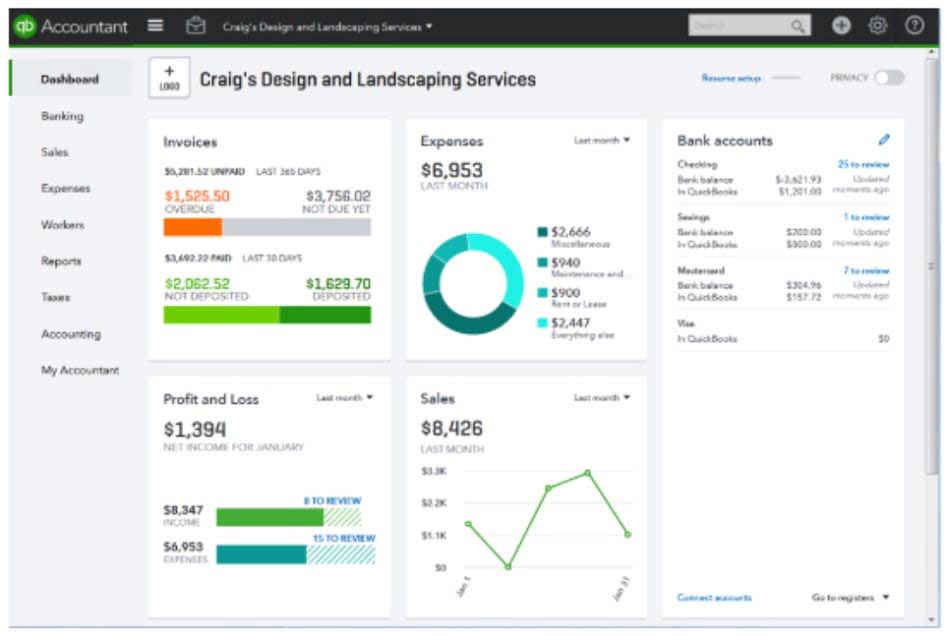A Comprehensive Guide to Creating a Church Budget

It is one of the easiest “sells” a pastor can make in terms of asking members for their time and money. However, churches should be cautious about investing too much in outreach if their house is in disorder. Since you should be focused on giving your first-time visitors a VIP experience, even purchases such as toilet paper quality should be given serious attention. Facilities and equipment aren’t write-off categories that can receive minimal attention.

Outside Donations to the Church
- The first year your church is implementing a budget, it is alearning process.
- The largest single expense in any church or business is salaries.
- Ideal for small churches or those just starting with budgeting.
- It helps to maintain financial discipline by setting clear boundaries for spending.
Whether funding outreach programs, supporting ministries, or maintaining facilities, financial management, is key to the church’s growth and impact. Without a proper budget, even the most generous donations can be underutilized or misallocated, leading to financial strain. Remember, the allocation of expenses within a church budget should be reviewed periodically to ensure they remain aligned with the church’s changing needs and priorities. Overall, when determining income for a church budget, it is important to track all sources of income, including tithes and offerings, fundraising, and donations. By accurately tracking income, churches can create a budget that reflects their financial reality and helps them achieve their goals. A significant portion of the church budget includes recurring operational expenses.
Regular Financial Reviews
Like families and governments, churches need budgets to define how to bring in enough money and show where they spend it. Remember, this example is tailored to a small church and may vary based on the specific needs and circumstances of your congregation. It’s crucial to customize the budget according to your church’s unique situation, size, and ministry priorities.

Expense Management Consulting: Challenges and Best Practices
By assigning a budget to each program, you can track the financial performance of individual ministries and hold ministry leaders accountable for staying within how to create a church budget their budgets. Creating a balanced budget is an ongoing process that requires regular evaluation, open communication, and prudent financial management. By carefully allocating resources and monitoring financial performance, your church can achieve financial stability and effectively carry out its mission. Creating a balanced budget is essential for the financial health and sustainability of a church.

While the budget may allocate significant resources to ministry programs, it is still essential to cover basic expenses such as salaries, utilities, and building maintenance. Balancing these operational needs with the desire to fund impactful ministry programs can be challenging, particularly for smaller churches with limited resources. Bookkeeping for Veterinarians It also provides a high level of control over church finances.
- Keep your church healthy financially by reviewing and updating its budget regularly.
- Offering online sales options can significantly increase this income stream.
- Churches can leverage technology to extend pastoral care, connect with members through personalized email outreach, and reach new audiences online.
- Your next year will be more successful and fulfilling because you will have confidence in your ability to plan and do what is best for the church.
- Healthy financial management requires that you regularly review and adjust the budget.
Fyle simplifies the budgeting process and helps churches stay financially organized and transparent. With Fyle’s advanced features, churches can optimize expense tracking, reduce administrative burdens, and ensure compliance with financial policies–all while focusing on their mission. Allocate funds across categories like staff, facilities, and ministry programs.
One thing to consider in your budget is investment with long-term benefits. For instance, investing in energy-efficient equipment can reduce utility costs over time. Legal fees, accounting services, and professional consultations ensure compliance and sound financial practices.
- Detailed planning for how the structure of denominational program and ministry will meet these priorities is underway and will continue through the coming year or longer.
- By carefully allocating resources and monitoring financial performance, your church can achieve financial stability and effectively carry out its mission.
- To make the most of nonprofit fundraising season, put up to a third of your marketing budget aside for fundraising season and spread the rest throughout the year.
- Many churches find themselves downsizing (or rightsizing) paid staff to bring their compensation costs back into a healthy alignment, leaving some churches without budget expertise.
- There are four commonly used budgeting strategies used when creating a church budget.
- You start at a zero balance and determine how much you’re going to allocate line item.
Determining Income of a Church
Furthermore, a well-crafted budget reflects the vision and values of the church. It helps to align financial decisions with the mission and goals of the church, ensuring that resources are used intentionally to further their impact on the community. – First, a financially healthy church is not spending more than it takes in.
It’s very easy to do, and having debt should make a pastor antsy. In this sense, outreach should only be a large part income summary of your budget if your church is in a season when its financial and operational affairs are in order. I’ve heard a lot of great ideas about long-term church planning. Like in the previous point, we know it’s easier and better to train volunteers for the long term.
